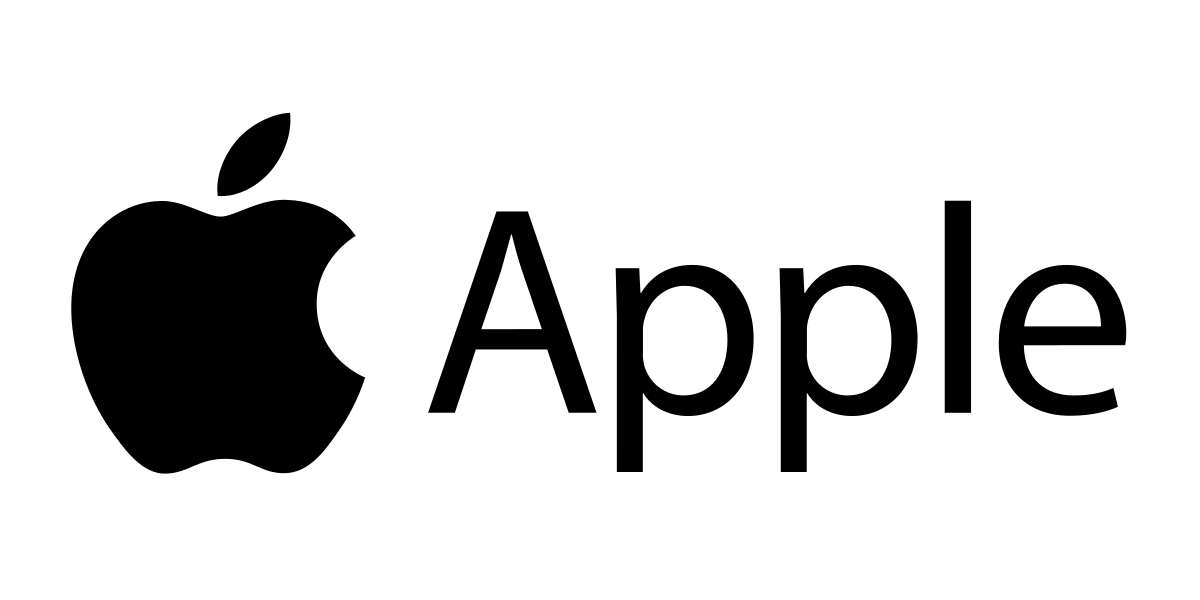The Apple Watch is facing a potential ban in the US after the US International Trade Commission (ITC) ruled that the smartwatch violates patents owned by California-based medical technology company Masimo.
Key Highlights:
- The ITC ruled that the Apple Watch violates two Masimo patents related to pulse oximetry technology.
- Pulse oximetry is a non-invasive method of measuring the oxygen saturation of blood.
- Apple began adding pulse oximetry features to the Apple Watch in 2020.
- Masimo has claimed that Apple’s pulse oximetry technology infringes on its own patents.
- If the ITC’s ruling is upheld, it could mean that Apple would be banned from importing or selling Apple Watches in the US.

The ITC issued a order on Thursday, which means that Apple could be banned from importing or selling Apple Watches in the US. The ITC’s ruling comes after a years-long legal battle between Apple and Masimo.
Masimo has claimed that Apple’s pulse oximetry technology, which was first introduced in the Apple Watch Series 6 in 2020, infringes on its own patents. Pulse oximetry is a non-invasive method of measuring the oxygen saturation of blood.
Apple has denied Masimo’s claims, arguing that its pulse oximetry technology is based on its own proprietary research. However, the ITC ruled in Masimo’s favor.
The ITC’s ruling is a significant setback for Apple. The Apple Watch is one of the company’s most popular products, and it is estimated that there are over 100 million Apple Watches in use worldwide.
If the ITC’s ruling is upheld, it could mean that Apple would be forced to remove pulse oximetry features from the Apple Watch or stop selling the smartwatch in the US altogether.
Apple has said that it is “deeply disappointed” with the ITC’s ruling and that it plans to appeal the decision.
Implications of the ITC’s Ruling:
The ITC’s ruling could have a number of implications for Apple and the wearable tech industry as a whole.
First, it could mean that Apple would be forced to pay Masimo royalties for using its pulse oximetry technology. This could add to Apple’s costs and reduce its profits.
Second, it could mean that Apple would be forced to remove pulse oximetry features from the Apple Watch. This would make the Apple Watch less attractive to consumers and could hurt Apple’s sales.
Third, it could set a precedent for other companies to sue Apple for patent infringement. This could lead to more legal battles for Apple and could make it more difficult for the company to innovate.
Impact on the Wearable Tech Industry:
The ITC’s ruling could also have a significant impact on the wearable tech industry as a whole. If Apple is forced to remove pulse oximetry features from the Apple Watch, it could make other wearable tech companies less likely to include these features in their own products.
This could slow down the adoption of pulse oximetry technology in the wearable tech industry and could make it more difficult for consumers to access this important health feature.
The ITC’s ruling is a significant setback for Apple and the wearable tech industry as a whole. It remains to be seen whether the ITC’s ruling will be upheld, but it is clear that this case has the potential to have a major impact on the way that wearable tech companies design and market their products.


















